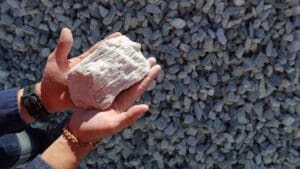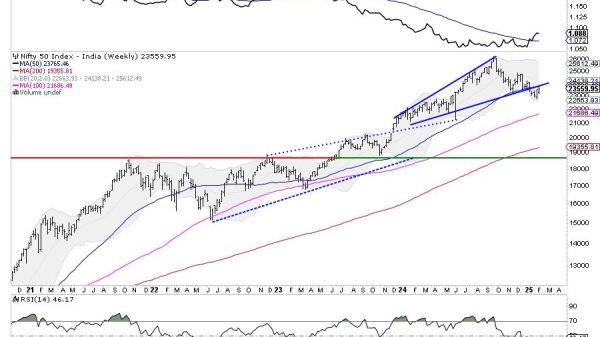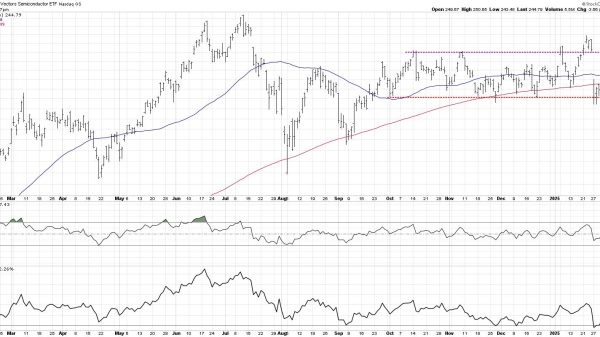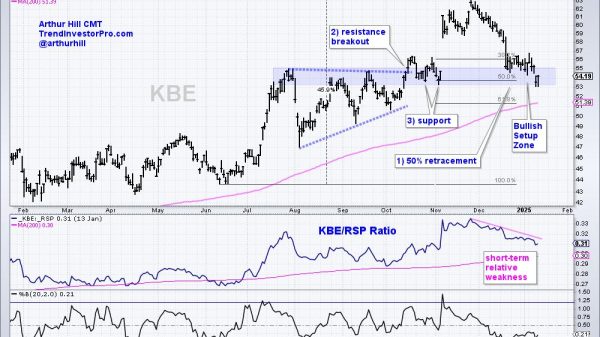
The Government has unveiled a sweeping new Critical Minerals Strategy designed to end the UK’s overreliance on foreign suppliers of vital materials used in smartphones, electric vehicles, wind turbines and household electronics.
The plan aims to produce 10% of the UK’s critical mineral needs domestically and recover 20% through recycling by 2035, backed by up to £50 million in new funding and deeper alignment with the Government’s national security and industrial goals.
Announcing the strategy, ministers said the UK must secure reliable supplies of minerals such as lithium, copper, nickel, rare earths and tungsten—materials essential to everything from EV batteries and defence equipment to data centres and renewable power infrastructure. Demand for lithium alone is forecast to rise 1,100% by 2035, while copper demand is expected to nearly double.
To meet this challenge, the strategy sets the ambition to produce at least 50,000 tonnes of lithium by 2035 — more than the weight of the Titanic — drawing on the UK’s unique geological strengths. These include Europe’s largest lithium deposit in Cornwall, major tungsten reserves, one of the world’s largest nickel refineries in Swansea, and the only Western producer of rare earth alloys essential for high-performance magnets.
The UK will also limit reliance on any single country for more than 60% of its supply of any critical mineral by the mid-2030s, addressing vulnerabilities highlighted by China’s dominance in global mining and refining, where it controls up to 90% of processing capacity.
Prime Minister Keir Starmer said the strategy was vital for both national security and economic growth.
“Critical minerals are the backbone of modern life — powering everything from smartphones and fighter jets to electric vehicles and wind turbines. Britain has been dependent on a handful of overseas suppliers for too long,” he said. “We are taking decisive action to boost domestic production, ramp up recycling and back British businesses so we can compete globally and drive down costs at home.”
Industry Minister Chris McDonald said building secure supply chains was essential to “shoring up national security” and supporting high-growth sectors in the Government’s Plan for Change.
The strategy includes up to £50 million in funding for UK businesses to scale mineral extraction, refining, processing and recycling. This sits alongside the government’s wider public finance tools, including the National Wealth Fund and UK Export Finance, which have already backed critical mineral firms with over £165 million. This includes a £31 million investment in Cornish Lithium to advance two major extraction projects.
Electricity costs for mineral producers will be cut through the upcoming British Industrial Competitiveness Scheme (BICS), with a consultation on eligibility to be launched shortly. The strategy also commits to fast-tracking environmental permitting for innovative mining and recycling projects.
To boost resilience, the Government is considering stockpiling critical minerals for defence applications. The UK is participating in NATO’s Critical Mineral Stockpiling Project, which is assessing options for securing stocks of magnets, battery materials and other components essential to military systems.
The plan also strengthens international partnerships with resource-rich countries to diversify supply chains, while leveraging the UK’s leadership in finance, academia, mining engineering and clean tech innovation.
Jamie Airnes, CEO of Cornish Lithium, said it provided “a clear strategic framework” to build large-scale domestic production.
Jeff Townsend, of the Critical Minerals Association, said it recognised that modern industries “are only as strong as the minerals and materials on which they depend”.
Tom McCulley, CEO at Anglo American Crop Nutrients, said the UK now had “an opportunity to drive investment and growth through a modern mining industry”.
Critical minerals currently contribute £1.79 billion to the UK economy and support more than 50,000 jobs. More than 50 UK projects are already underway to extract and refine these materials, with hotspots in the North East, Teesside, Devon, Cornwall, Wales and Northern Ireland — the latter home to pioneering magnet recycling technologies developed at Queen’s University Belfast and Ionic Technologies.
Ministers said the new strategy would be integrated into the Government’s Modern Industrial Strategy, ensuring that industries from advanced manufacturing to clean energy have the secure material foundation needed for long-term competitiveness.
Read more:
UK launches Critical Minerals Strategy to reduce import reliance and power next-generation industries






















